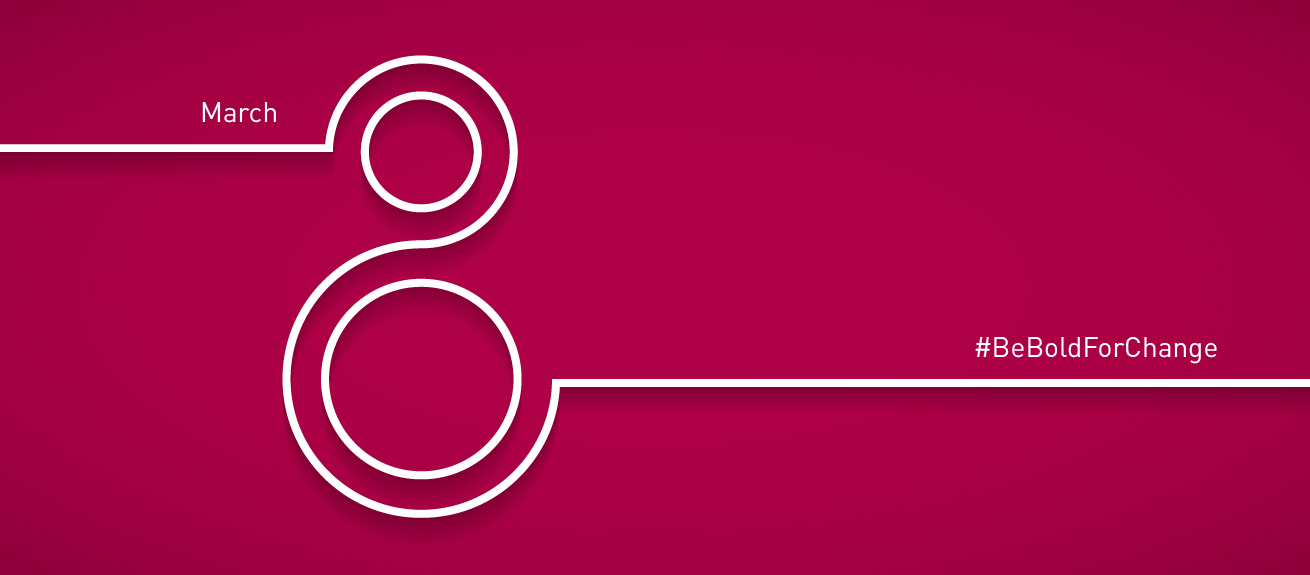
8 March is International Women’s day and this year’s theme is “Be Bold for Change”.
IMD caught up with Jennifer Jordan a social psychologist and Professor of Leadership and Organizational Behavior at IMD to discuss issues facing women leaders in 2017.
IMD: What do you think women leaders can do to be bold for change?
Jennifer Jordan: There are several things I think that women leaders can do to be bold for change:
- Stay yourself and stick to your values. Women (particularly at higher positions in the hierarchy), are still working in mostly male environments. And therefore the pressure to change, adapt, and adopt the norms is often times quite strong. In order to be effective (and stay happy), women need to be themselves and ask for what they want and need.
- Women who have figured out how to be successful leaders need to mentor other young women – that is, help them to be the successors of their roles and influence.
- Women need to seek out high-level males in the organization who will champion their positions. As they are still working in a male-dominated and -designed environment, women need to find the men in the system who are willing and able to fight for them, help to change systems and procedures in the organization that might not be conducive to their success, and support them in front of clients who might prefer to work with more “traditional” leadership figures.
- With all the challenges and prejudices that accompany women leaders in the workplace, it is easy for women to become bitter. But doing so will not help women’s ability to affect change (some might argue that this was the basis of Hilary Clinton’s downfall). Thus, as much as it might be encouraging the stereotype of women as caring and nurturing, women need to fight the tendency to become angry and bitter at the system. Doing so will only defeat their ultimate goal.
IMD: What are the top challenges facing women leaders today?
Jennifer Jordan: The top challenges facing women leaders today is that they are still operating in a world/system that was designed by men. Thus, the expectations are more conducive for men’s then women’s success.
By nature of societal and cultural expectations, women are, in general, taught to be the “peacemakers” and the “givers” in society. But in order to be successful in an organization, sometimes you need to be disruptive and assertive about your own needs. Thus, women need to defy cultural expectations and stereotypes and start being bolder to ask for what they need and want.
The question of women’s leadership still seems to be an issue directed towards the women themselves to solve. Of course, women need to be an important force for change. But we also need powerful men who are part of the system to stand up for their women colleagues – even if it is sometimes at the expense of their own power or glory.
IMD: What global action is needed to accelerate gender parity?
Jennifer Jordan: There certainly need to be changes in maternity and paternity leave laws around the world. In many cultures, women still get ridiculously low levels of paid leave. And even if they do, it is very difficult to migrate back into the corporate hierarchy. Thus, countries need to think more about how to use maternity and paternity leave systems in order to bring gender parity. Because, for the most part, having children affects the mother’s career much more than it affects the father’s career.
We also need to start educating young men and boys about what they can do to support women’s success in society and the workplace. That is, make them aware of what they can do to support their female colleagues, female subordinates, their girlfriends, and their wives to find success and happiness in the workplace.


